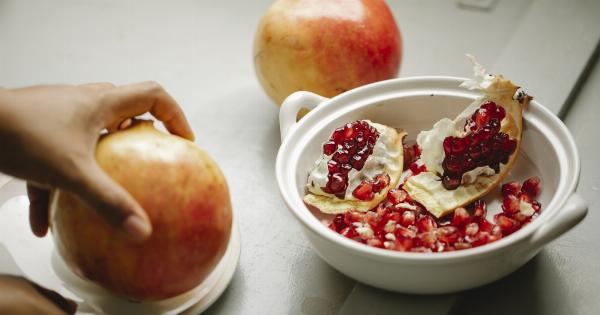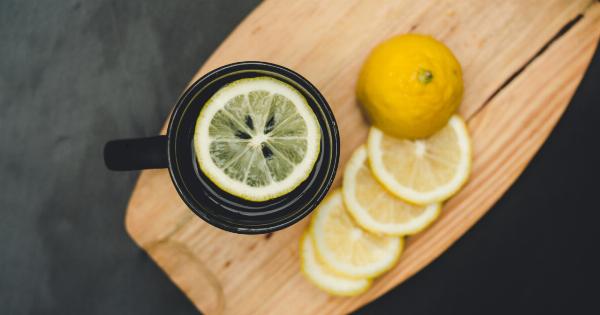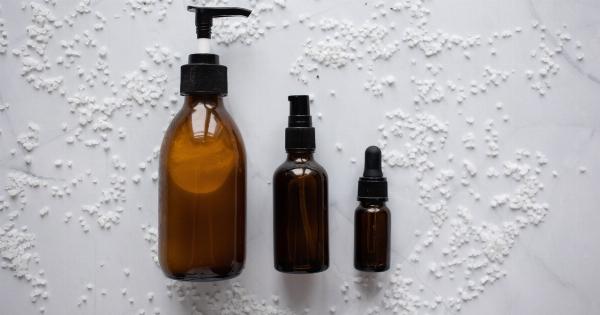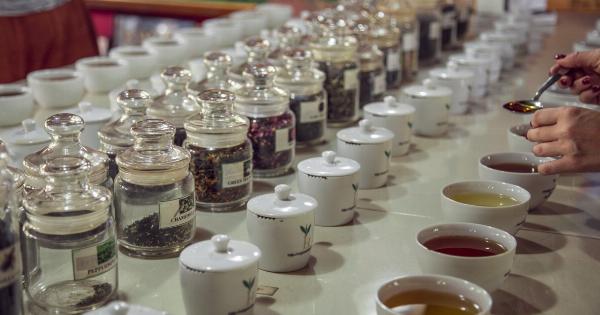Almost everyone has experienced bloating at some point in their life. It is a common problem that can make you feel uncomfortable and even affect your day-to-day activities.
Bloating could be caused as a result of different factors including your diet, lifestyle, and some health conditions. While it may be frustrating, there are foods that help alleviate and foods that can exacerbate bloating. This article highlights some of the foods you should eat and others you should avoid to reduce bloating.
Foods that help reduce bloating
These foods help to reduce bloating, decrease inflammation, and improve digestion:.
1. Ginger
Ginger has natural anti-inflammatory and antispasmodic properties that help to relax the gastrointestinal tract (GI) and decrease bloating. Ginger also reduces gas in the intestines and relieves stomach pain.
You can add ginger to your tea, smoothies or cook it with your meals.
2. Lemon water
Lemon water is famous for detoxification. It helps to flush out toxins from the body, which reduces bloating and water retention. Lemon juice also aids production of digestive juices, that assists in breaking down food and reducing inflammation.
Drinking lemon water in the morning could be an excellent way to support your digestive system throughout the day.
3. Leafy Greens
Leafy greens such as spinach, kale, and arugula are rich in fibers, which promote healthy digestion. Fiber curtails the rate at which food moves through your digestive system, allowing more time for nutrient absorption in the body.
A study published in the Journal of Nutritional Science and Vitaminology showed that eating spinach helped to reduce bloating and intestinal gas.
4. Fennel
Fennel seeds have long been used as a digestive aid for centuries. Compounds in fennel have been shown to reduce intestinal spasms, prevent gas formation, and decrease inflammation. You can consume fennel seeds whole or steep them in hot water as a tea.
5. Pineapple
Pineapple contains bromelain, an enzyme that helps digest proteins. Bromelain also has powerful anti-inflammatory properties, which helps to reduce inflammation in the intestinal tract.
Pineapple also is a good source of vitamin C, which supports digestive health and reduces bloating.
Foods that exacerbate bloating
These foods tend to increase bloating, gas and inflammation and should be eaten in moderation:.
1. Carbonated Drinks
Drinking carbonated beverages such as soda or sparkling water can increase gas production in the GI tract. This extra gas can accumulate and cause pressure, discomfort, and bloating in your stomach.
2. Processed Foods
Processed foods contain added sugar, salt, and unhealthy fats that make it difficult for your digestive system to function properly. Such foods may take longer to digest and put undue stress on your gut, leading to bloating and discomfort.
3. Legumes
While legumes (beans, lentils, chickpeas) are a good source of fiber in most diets, they also contain resistant starch, which is not easily digested in the small intestine leading to bloating and gas production.
According to a study published in the Nutrients Journal, soaking legumes overnight before cooking help to release enzymes that break down indigestible components.
4. Dairy Products
Dairy products such as milk, cheese, and ice cream contain lactose, a sugar that some people have difficulty digesting, which could lead to bloating and other gastrointestinal symptoms.
5. Cruciferous Vegetables
Vegetables like cauliflower, broccoli, and Brussels sprouts are excellent sources of nutrients but can be challenging to digest.
These cruciferous veggies contain high levels of fiber that are fermented by intestinal bacteria and can cause bloating and flatulence.
Conclusion
Bloating can be discomforting, but there are foods that you can eat to alleviate it.
Incorporating ginger, lemon water, leafy greens, fennel, and pineapple in your diet can help relieve bloating; while carbonated drinks, processed foods, legumes, dairy products, and cruciferous vegetables can exacerbate bloating and should be eaten in moderation. Apart from these dietary changes, making lifestyle modifications like staying hydrated, chewing food thoroughly, and avoiding smoking could also help reduce bloating.































